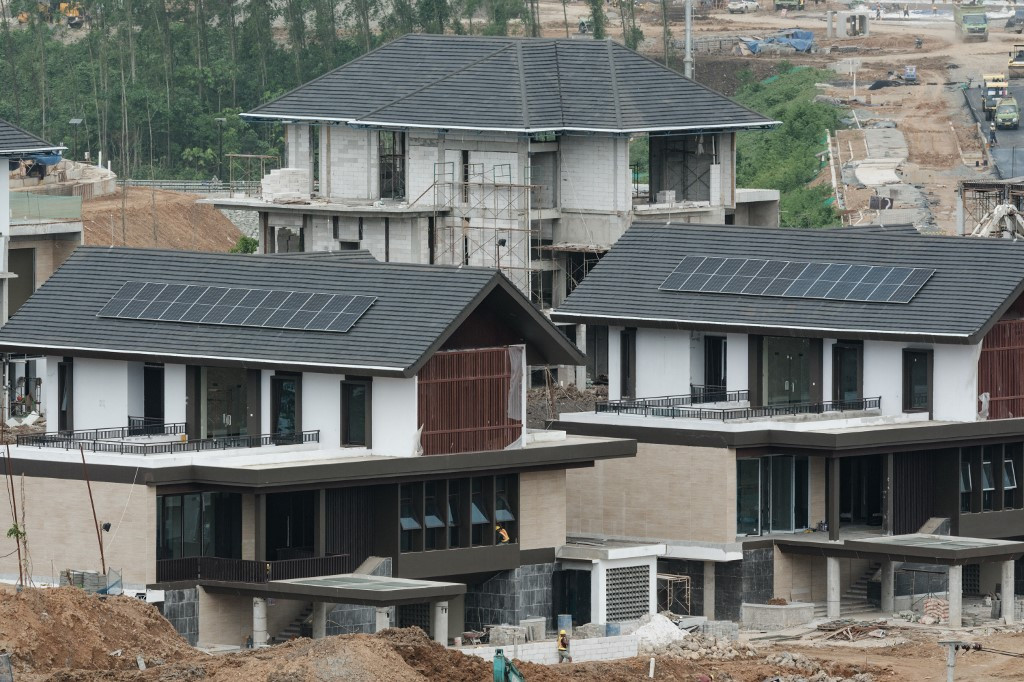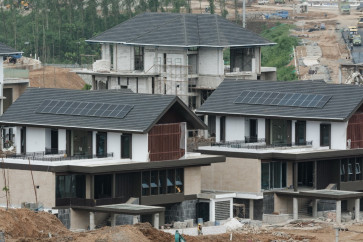Popular Reads
Top Results
Can't find what you're looking for?
View all search resultsPopular Reads
Top Results
Can't find what you're looking for?
View all search resultsClosing the gap in VAT on self-build projects to ensure fairness
The VAT on self-build projects can be an entry point for the government to design a tax policy that is flexible and takes into account the disparity in economic values across regions.
Change text size
Gift Premium Articles
to Anyone
T
he year 2025 will mark a significant milestone in Indonesia’s taxation landscape, with a transition into a new era with the implementation of the Core Tax system and the increase in value-added tax (VAT) rates to 12 percent.
The VAT rate hike is mandated in the Tax Harmonization Law, which aims to enhance the effectiveness of the national taxation system. With the enactment of this new rate, several VAT-related provisions will also undergo adjustments, including VAT on self-build activities (PPN KMS), which has recently sparked public debate.
It is important to clarify that VAT on self-build projects is not a new policy suddenly introduced to burden the public. On the contrary, this VAT has existed for a long time, specifically since the enactment of Law No. 11/1994 on VAT for goods and services and sales tax on luxury goods, which has not significantly changed in its application since.
The adjustments being made are solely related to the VAT rate, which now follows the general increase as stipulated in the Tax Harmonization Law.
The primary goal of VAT on self-build projects is to ensure fairness in the taxation system. When an individual builds a house using a contractor, this service is subject to VAT since a contractor is classified as a taxable entrepreneur (PKP). On the other hand, when someone builds a house independently without a contractor, they are not classified as a PKP and therefore the project is not subject to VAT.
This disparity creates a potential for unfairness, allowing individuals to avoid tax simply by building a house without a contractor. Hence, the VAT on self-build projects is designed to ensure that those who build independently also contribute to state revenue, just like those who use contractors.
While the policy’s principle aims to promote equity, its implementation has not been entirely flawless, however.



















